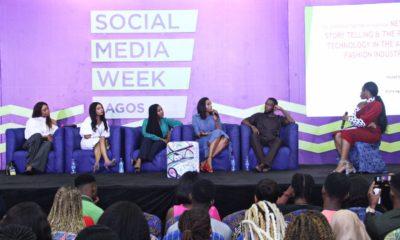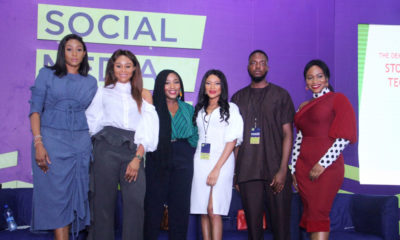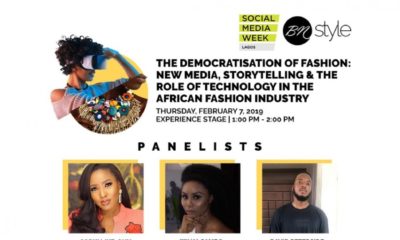There is no denying that in this digital world, fashion and technology are inevitably becoming one. The lines between these two industries are quickly blurring. Every day new tech sprouts disrupt the fashion ecosystem, mostly positively – changing the way designers create, customers shop and interact with brands, the ways we access data and analytics in fashion, among other things. In essence, technology has revolutionalized fashion in the best ways possible.
The latest innovation in Nigeria is essentially aimed at changing the way customers interact with designers in Nigeria – Fashion Map, a kind of “Uber for fashion”.
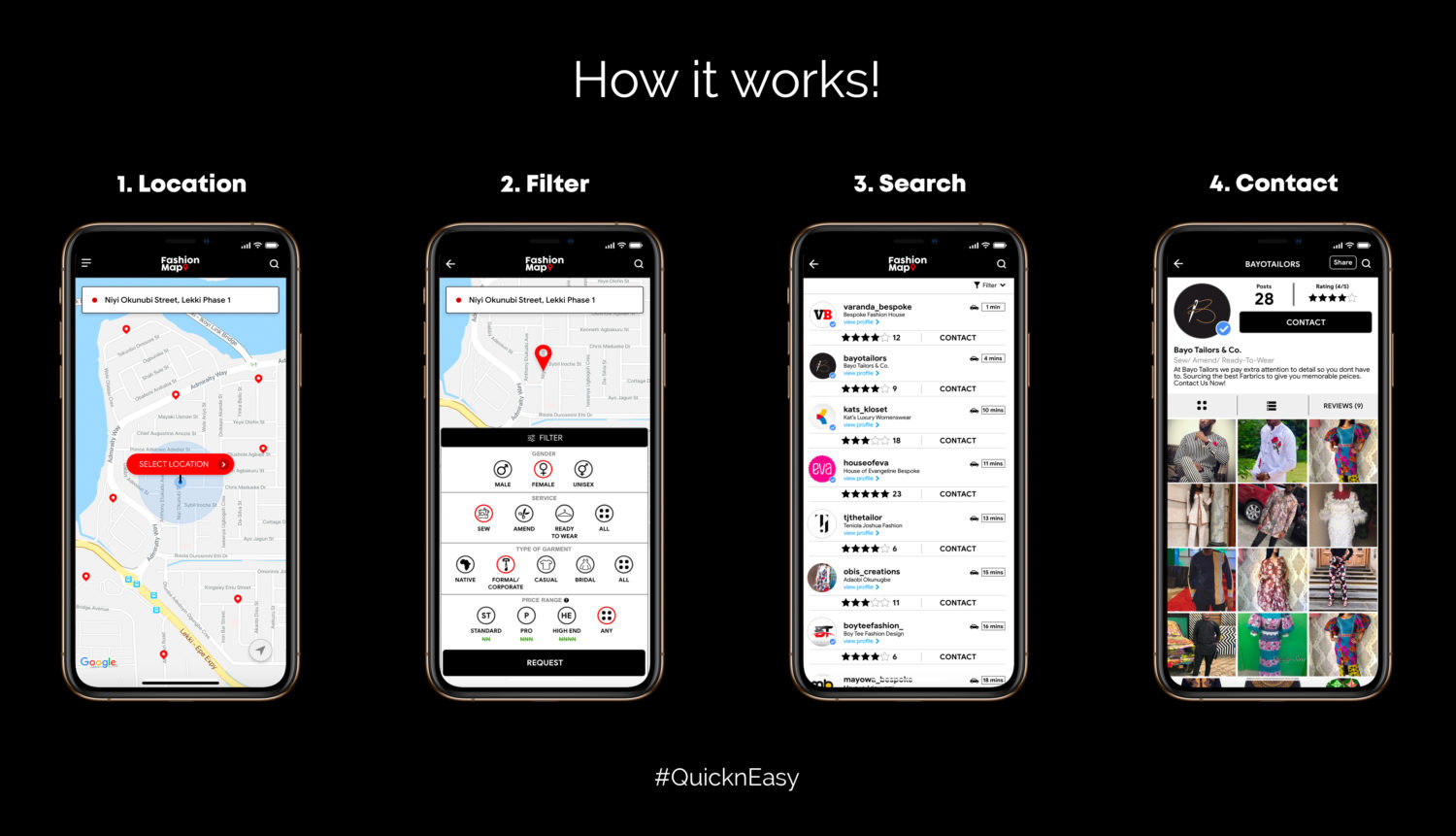
“It was triggered by personal experience. I was looking for a bespoke tailor and in a world where everything is a click away, I didn’t understand why there was no easy and convenient way to find one. I mentioned the problem to my friend and now co-founder, we went through the existing options and we saw a gap in the market.”
Says CEO, David Peterside.
In February, he was a part of BellaNaija Style’s Social Media Week panel discussion on the democratization of fashion: new media, storytelling and the role of technology in the African fashion industry. He emphasized the need for fashion brands to utilize technology in order to bridge gaps of time, power and infrastructural imbalance with useful applications.
The Lagos-based tech company connects customers to tailors, brands and fashion designers with the click of a button. Starting with a beta version in February 2019, the brand already boasts of over 1000 brands and 600+ customers who have signed up for and actively use Fashion Map’s services. Now available on the Android and iOS app stores – the platform does not just help people find great designers for their occasions but also translates to real-time sales and an added channel of promotion/advertisement for brand owners and designers.
“Our mission is to bring visibility to African Fashion creatives and leverage technology to enable local fashion businesses no matter the size. We launched our beta in February this year and the mobile app in late April. We currently have 1000+ Brands and Tailors signed up and our customer base is growing at over 200%.”
The Fashion Map Voltron consists of three co-founders who individually bring to the table a wealth of knowledge and experience which spans across technology, sales, and marketing.
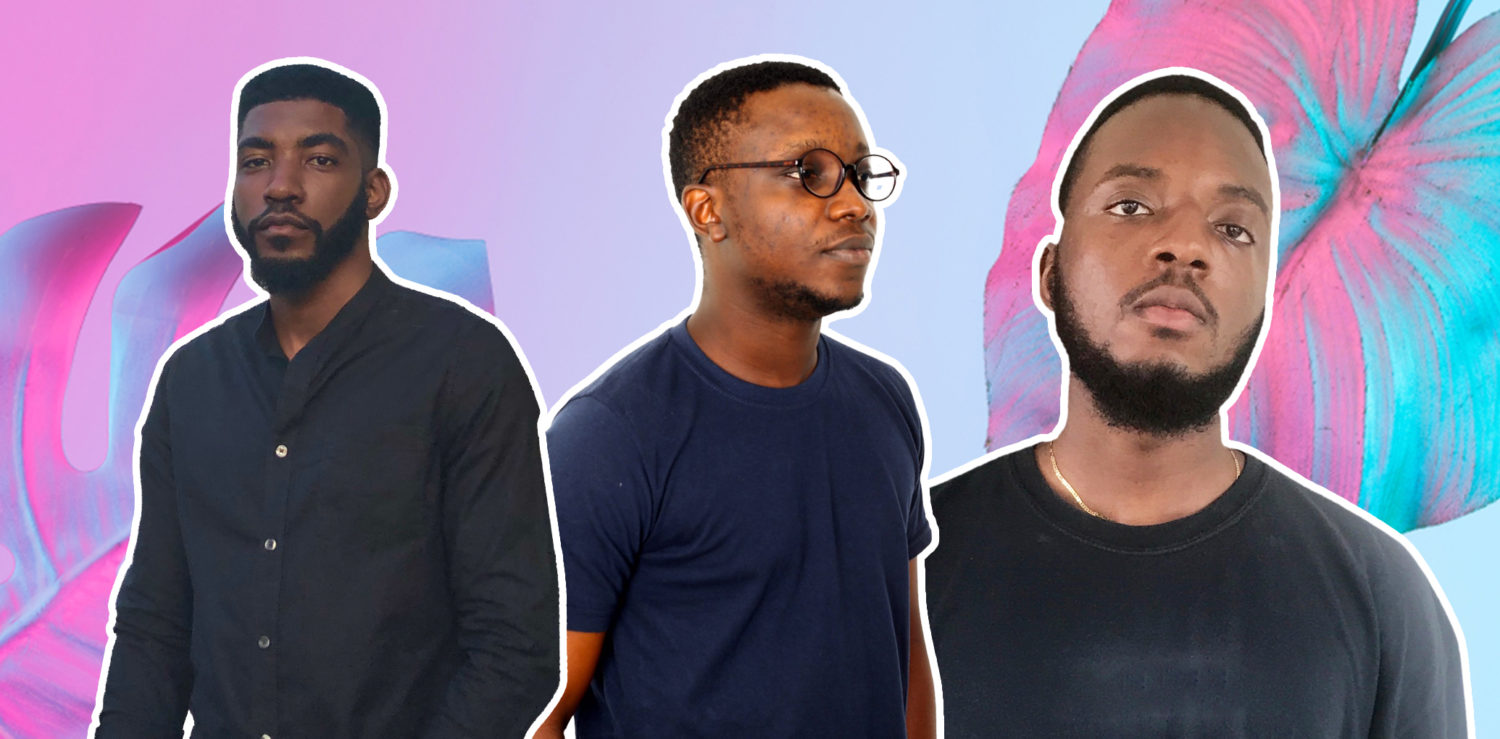
Henry Nneji, Seyi Adedokun & David Peterside
David who is in charge of product management, strategy and growth is an alumna of Lancaster University and has a background in Investment banking and Agri-tech. COO Henry Nneji, after securing a Marketing degree at the University of Birmingham Co-founded DVB, an entertainment company based in the UK and GidiCars. While tech genius Seyi Adedokun was the team lead for the development of Central Bank of Nigeria Anchors Borrowers Programme as well as a key team player in the launch of Airtel Smart Credit and AgroMall.
We caught up with the team and discussed the need for a fashion and tech merger and how Fashion Map will revolutionize the Nigerian fashion industry.
For more amazing content on African Fashion and Lifestyle visit www.bellanaijastyle.com
***
BNS: Why there was a need to create that platform?
Fashion Map: Our thesis is very simple. The African fashion industry is a $31bn market and 90% of the fashion businesses are SMEs with no marketing landscape. The current marketing avenues are very fragmented and figuring out how to integrate those saps out time, energy and money. Brands want to create great pieces and sell to customers first. From the buyers perspective, I feel it’s pretty obvious. Its 2019, human beings are wired for convenience. There has to be a way to access any service by just tapping a button, Nigerian bespoke and ready to wear brands included. Lastly, the adoption of Fashion Map is a practical way to promote the wear Nigerian/ buy Nigerian narrative. Rather than just tweets and captions.
BNS: How does Fashion Map aim to solve some of the problems in the Nigerian fashion Industry today?
Fashion Map: Inconvenience – Convenience trumps everything. That’s why companies like Airbnb, Uber, and Netflix are winning. Fashion Map is currently the quickest and most efficient way for customers to find tailors, brands and fashion designers. Lack of Visibility – Fashion Map provides location-based visibility to fashion businesses. Imagine you’re a fashion brand in Lekki. How can I possibly know your brand exists? Referrals are not sustainable because the customers don’t have enough incentives to actively champion brands. With Fashion Map, I tap a button to select your service and your brand shows up. Nigerian brands currently have no marketing landscape because 90% of them are SMEs with access to very little capital. Billboards, TV and Radio ads are too expensive with low conversions.
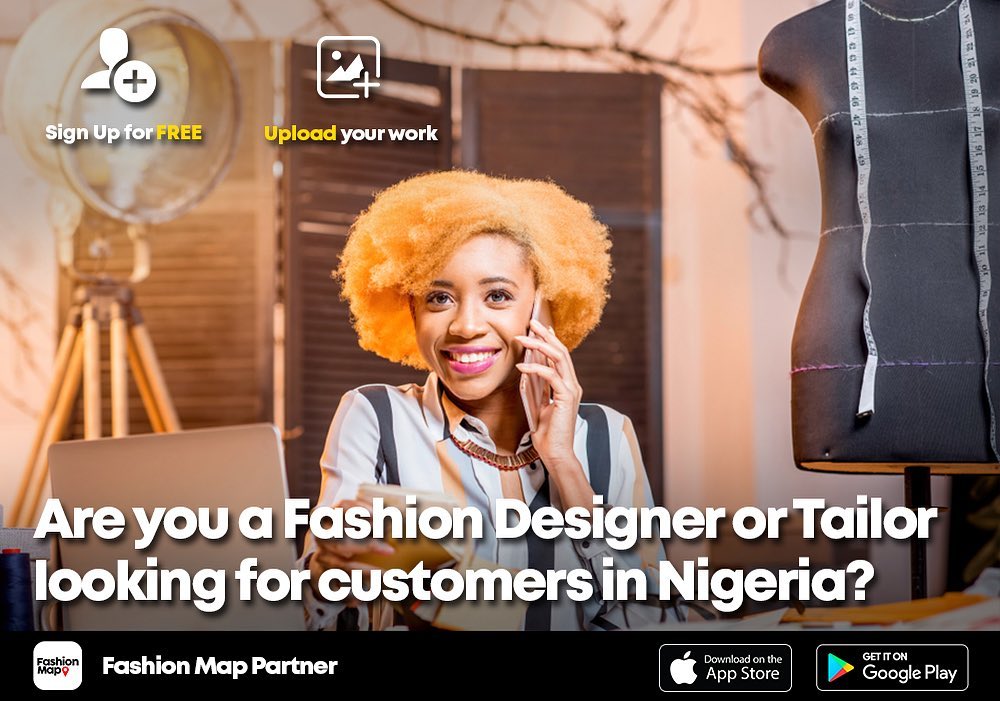
Instagram helps but the discovery is a problem for SMEs on Instagram. In terms of discovery, having an Instagram page is just like having a website. If I don’t already know your brand name, it’s hard to find you, even if you offer services I’m looking for. That’s what fuels this influencers
economy. However, most SMEs can’t afford influencers. Very Little Data – The world is coming into the 4th industrial revolution: Artificial Intelligence, which is driven by big data. We’re a platform, we will be sitting on loads of data which will give us insight and enable us to create more value in the industry.
BNS: How ready is Nigeria for this Tech-Fashion marriage?
Fashion Map: Technology is a means to an end, not an end. So if the end is convenience and efficiency, Human beings have proven over the years that they’re always ready for that. What we need to do as technology entrepreneurs in Nigeria is figure out product-market fit (the forms of technology the market is ready for at the time). Rather than the copy and paste model we see a lot of time. This process would surely have been easier with more data available. Technology is the best enabler, regardless of if you’re relating it to fashion or finance. Internet penetration in Nigeria is over 50% and is growing rapidly. That means over 100m Nigerians are connected to the internet. Smartphones are also getting more affordable for the masses thanks to brands like Tecno.
BNS: What have been some of your biggest challenges so far?
Fashion Map: Finding enough credible data about the fashion industry in Nigeria has definitely been one. Also, growing the platform organically, with no venture capital funding. We’ve had to be extremely creative and strategic about customer acquisition.
View this post on Instagram
Uber for Fashion ??✂ Download Now! Better late than never #10YearsChallenge
BNS: What is the ultimate goal for Fashion Map?
Fashion Map: Exposure and visibility for African fashion creatives We plan to scale this platform around Africa. We’ve been getting strong demands from a few countries like Ghana and Kenya. However, we are currently focused on establishing a strong foundation and presence in Nigeria first.
BNS: What are some predictions for fashion and technology in the near future?
Fashion Map: Most people definitely can’t conceptualize the impact AI is going to have in every industry, fashion included. The design aspect is an art, which is subjective, so that’s safe. However, a lot of the repetitive jobs are going to be gone. I’m bullish on singularity though, where humans and AI can co-exist.
Connect with Fashion Map:
Instagram @fashionmap.app,
www.fashionmap.app


